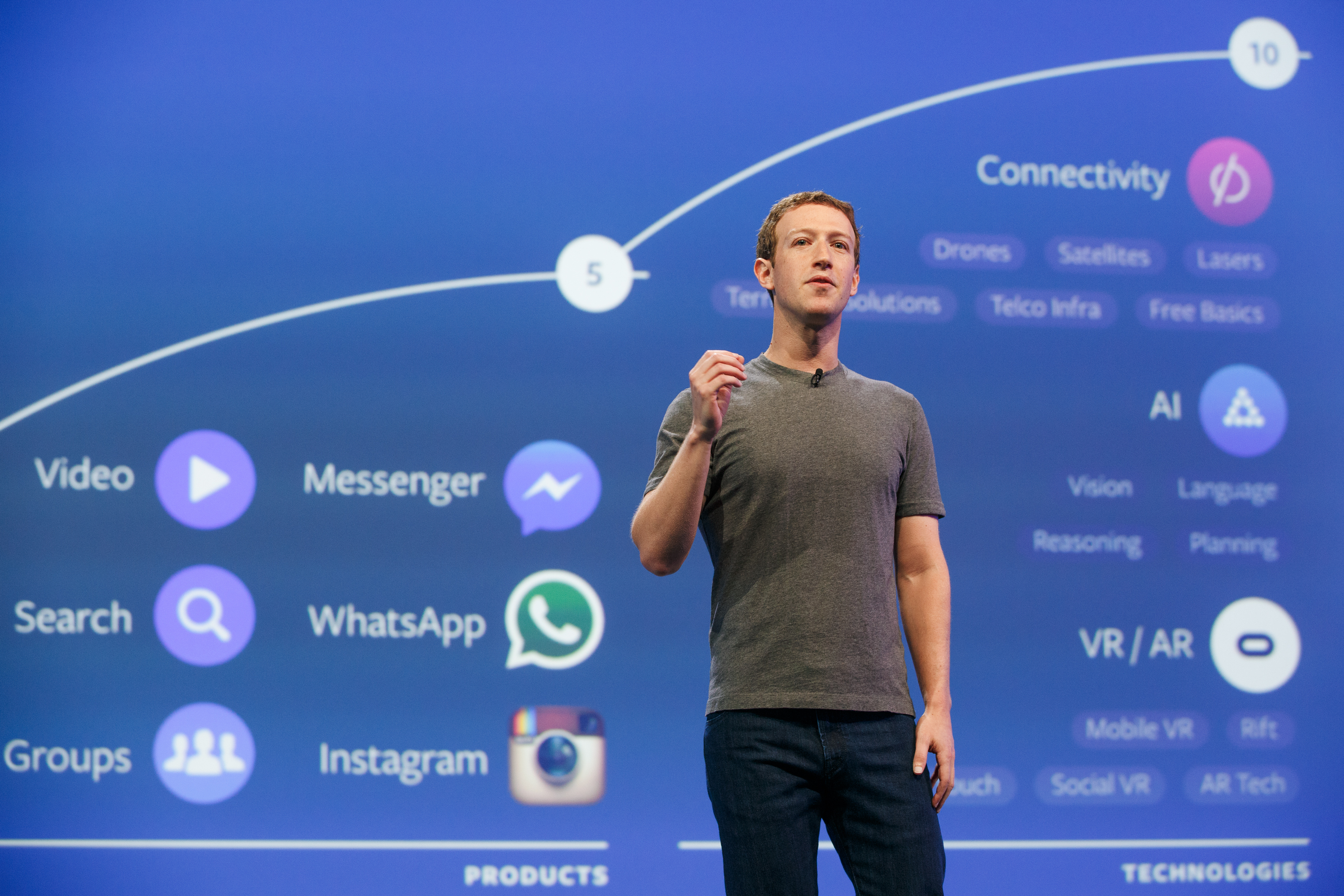 NEWS
NEWS
 NEWS
NEWS
 NEWS
NEWS
At this week’s F8 conference, social media giant Facebook introduced an open-source video camera called Facebook Surround 360, which is aimed at capturing footage in 360 degrees for use in virtual reality content creation.
“When we started this project, all the existing 3D-360 video cameras we saw were either proprietary (so the community could not access those designs), available only by special request, or fundamentally unreliable as an end-to-end system in a production environment,” Brian Cabral, Director of Engineering at Facebook, wrote in a blog post.
“In most cases, the cameras in these systems would overheat, the rigs weren’t sturdy enough to mount to production gear, and the stitching would take a prohibitively long time because it had to be done by hand. So we set out to design and build a 3D-360 video camera that did what you’d expect an everyday camera to do — capture, edit, and render reliably every time. That sounds obvious and almost silly, but it turned out to be a technically daunting challenge for 3D-360 video.”
Cabral explained that one of the biggest challenges Facebook ran into when designing the camera was implementing stereoscopic 360 capture.
“Unlike monoscopic video, 3D video requires depth,” Cabral said. “We get depth by capturing each location in a scene with two cameras — the camera equivalent of your left eye and right eye. That means you have to shoot in stereoscopic 360, with 10 to 20 cameras collectively pointing in every direction”
“Furthermore, all the cameras must capture 30 or 60 frames per second, exactly and simultaneously. In other words, they must be globally synchronized. Finally, you need to fuse or stitch all the images from each camera into one seamless video, and you have to do it twice: once from the virtual position for the left eye, and once for the right eye.”
According to Cabral, stitching the images seamlessly was one the most difficult problems in designing Facebook Surround 360, and he said that it could not have been solved as recently as five years ago.
However, thanks to advances in algorithm research and improvements in image sensors, as well as the low cost of solid-state memory today, Cabral said that Facebook was able to successfully solve the stitching issue.
This is not Facebook’s first foray into open-source hardware, as the company has previously open-sourced designs for both its Big Sur machine learning server and its network switch.
During last year’s OCP Summit, Matt Corddry, former Director of Hardware Engineering at Facebook, told theCUBE co-hosts John Furrier and Jeff Kelly that open-sourcing hardware and software is “core to [Facebook’s] mission.”
“Getting open-source software and hardware out into the world helps connect more folks,” Corddry said at the time, “and it helps us actually innovate faster because we get more smart minds on the problem.”
Facebook has plenty of motive to improve the technology behind virtual reality video capture. After all, the social network owns Oculus VR LLC, the company behind both Oculus Rift and Samsung Gear VR, and a wider selection of quality VR video content would make both devices more desirable to consumers.
Support our mission to keep content open and free by engaging with theCUBE community. Join theCUBE’s Alumni Trust Network, where technology leaders connect, share intelligence and create opportunities.
Founded by tech visionaries John Furrier and Dave Vellante, SiliconANGLE Media has built a dynamic ecosystem of industry-leading digital media brands that reach 15+ million elite tech professionals. Our new proprietary theCUBE AI Video Cloud is breaking ground in audience interaction, leveraging theCUBEai.com neural network to help technology companies make data-driven decisions and stay at the forefront of industry conversations.